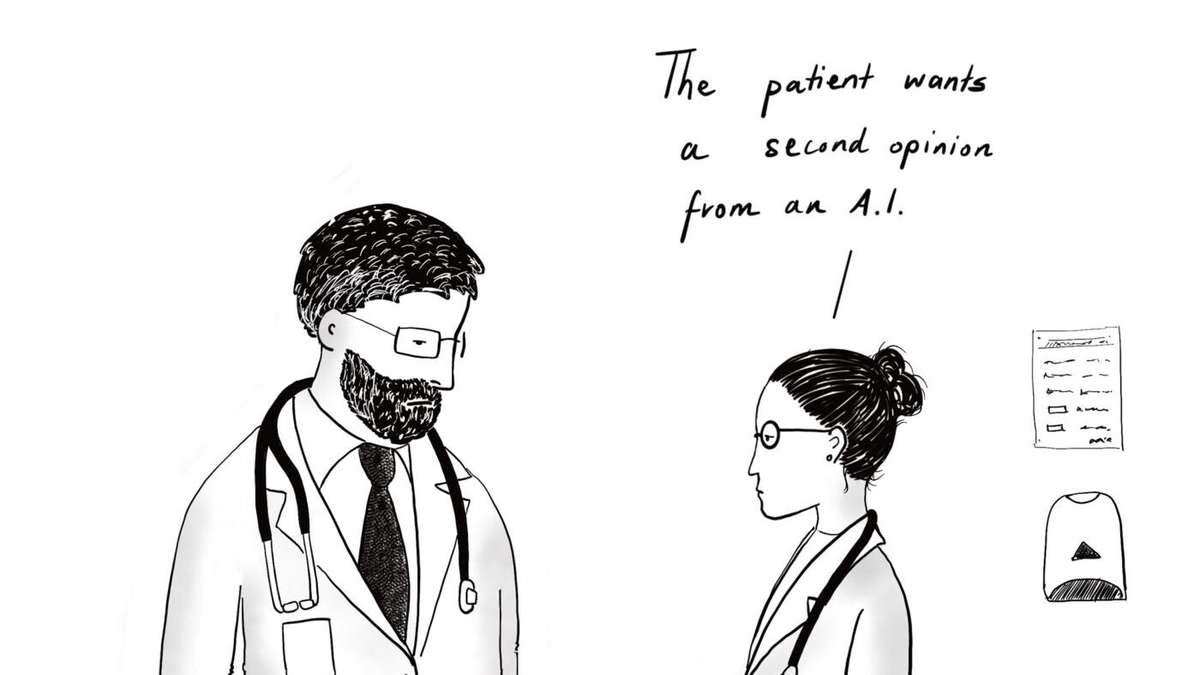
In Natasha Loder’s thought-provoking article ‘Artificial Opinion’, she explores the influential role that artificial intelligence (AI) can play in shaping public opinion and decision-making. With AI’s potential to analyze and understand human emotions, the ethical implications of using this technology to manipulate public opinion are significant. Loder emphasizes the need for transparency and accountability in AI algorithms to ensure these tools are used ethically. This discussion is particularly pertinent in the context of health communication, where the potential impact of AI and misinformation is increasingly recognized.
The Double-Edged Sword of AI and Misinformation
As discussed in a piece from Harvard Public Health, AI technology, particularly large language models (LLMs), could both perpetuate and counter misinformation. LLMs have shown promise in writing tasks, but they can also be manipulated to create AI systems tailored to specific beliefs and opinions, potentially spreading misinformation. The responsible deployment of AI technology and the reinforcement of public trust are crucial in navigating the complex landscape of modern health communication. This highlights the importance of comprehensive regulations and ethical considerations when deploying AI tools.
AI’s Practical Applications in Public Health
Despite these challenges, AI has already demonstrated its potential in several practical applications within public health. For instance, Penn Medicine in Philadelphia is utilizing an AI chatbot, Penny, to maintain communication with postpartum mothers. This application showcases how AI can be deployed to handle routine functions, thereby enhancing healthcare delivery and patient monitoring.
Similarly, the Médecins Sans Frontières (MSF) Foundation has developed Antibiogo, a free, Android-based, AI-enabled phone application that interprets antibiograms. This innovative tool demonstrates how AI can assist in interpreting complex medical data, thereby supporting healthcare professionals in their decision-making processes.
AI has also shown promise in cancer screening, where it has been effective in identifying growths that humans might miss in colorectal cancer screening. This highlights AI’s potential in enhancing diagnostic accuracy and early detection of diseases, which is critical in improving patient outcomes.
Transparency, Accountability, and Trust in AI
While these applications demonstrate AI’s potential in health communication, it is crucial to ensure transparency and accountability in AI algorithms. These elements are key to maintaining public trust and ensuring that AI tools are used ethically and responsibly. Given the influential role that AI can play in shaping public opinion, it is crucial that these tools are deployed with a deep understanding of their ethical implications and potential impact on society.
In conclusion, AI holds significant potential in shaping public opinion and enhancing health communication. However, as we continue to navigate this complex landscape, it is essential to ensure that AI is deployed responsibly, with a focus on transparency, accountability, and the ethical implications of its use. Only then can we fully harness the potential of AI while safeguarding public trust and promoting ethical decision-making.
